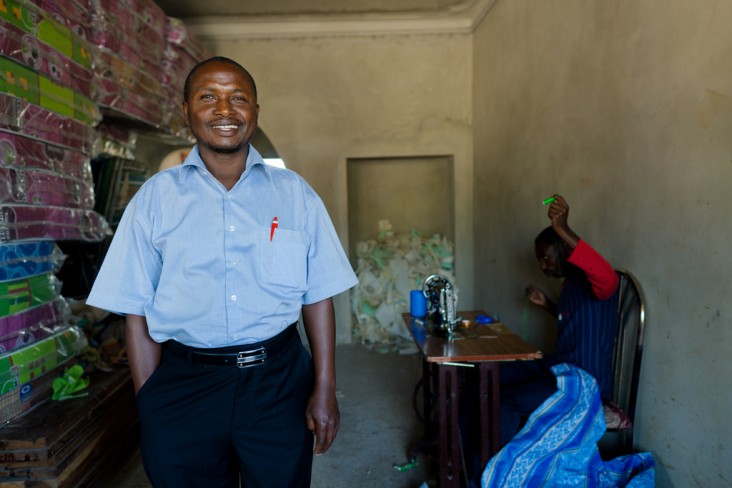
There may be opportunities for partnerships if your commercial objectives are aligned with USAID’s development objectives in the industries and countries in which we operate.
Key Industries and Sectors
In working with our presence countries to achieve their development strategies, we typically work on projects falling within one or more industries or “sectors” – but never all of them in one country. These sectors include:
- Climate Change - USAID promotes development based on climate-smart planning and clean technologies. It encourages modern energy services that minimize energy-related growth in greenhouse gas emissions while helping countries develop their economies and meet poverty reduction goals.
- Global Health - USAID supports the development and implementation of low-cost, life-saving technologies and tools that could save millions annually. This includes: vaccines against diarrhea and pneumonia, bed nets to protect against malaria, nutrition supplements for pregnant women and young children.
- Food Security - USAID is committed to fighting hunger and poverty. A broad U.S. Government initiative, Feed the Future, is poised to transform agriculture in 20 countries to enable them to grow enough to feed their own people.
- Water and Sanitation - USAID’s programs address challenges we face in our critical reliance on water, especially: water for health and water for food. We work to improve sound water management and use of water for food security to save lives and advance development.
- Education - USAID focuses on several key education priorities including: improving reading skills in primary schools; strengthening higher education and workforce development programs; expanding equitable access to education in crisis and conflict environments; as well as fostering innovation in education.
- Forestry and Biodiversity - USAID partners with foreign governments, civil society, the private sector and local communities to help them conserve and benefit from natural resources.
- Energy and Infrastructure - USAID finances the design and construction of energy, roads, communications and water infrastructure, as well as schools and health facilities in more than 60 countries.
- Grand Challenges for Development - USAID uses prizes to access untapped solutions and solvers for specific development problems. The current four Grand Challenges are "Saving Lives at Birth, Powering Agriculture, All Children Reading and Making All Voices Count.
Countries
We operate in more than 80 developing countries.
|
Food supply volatility is a major threat to the East Africa region. While there are promising investment opportunities for the agricultural sector, local lenders still consider many of these opportunities too risky or unproven. Medium-sized projects are especially underfunded because they are either too large to receive funding from microfinance institutions and too small for commercial banks. To fill this need, Pearl Capital, a Uganda-based agricultural investment management firm, sought to raise $25 million for an African Agricultural Capital Fund (AACF). AACF provides funding to small and medium enterprises in East Africa based on both financial and social returns. USAID was integral in securing this capital, both through facilitating meetings and negotiations and providing resources to mitigate risk. USAID's Development Credit Authority is guaranteeing 50% of an $8 million commercial loan from J.P. Morgan's Social Finance Unit to AACF. The fund is also supported by $17 million in equity investment from the Bill and Melinda Gates Foundation, the Gatsby Charitable Foundation, and the Rockefeller Foundation. In addition, the fund will have access to $1.5 million in USAID-funded business development services, primarily funded under the Feed the Future initiative, to improve investee companies' operations, competitiveness, and access to markets. Because of USAID’s actions, Pearl has reached its financial target and has now begun to disburse investments to a variety of promising medium-level agricultural projects. |







Comment
Make a general inquiry or suggest an improvement.